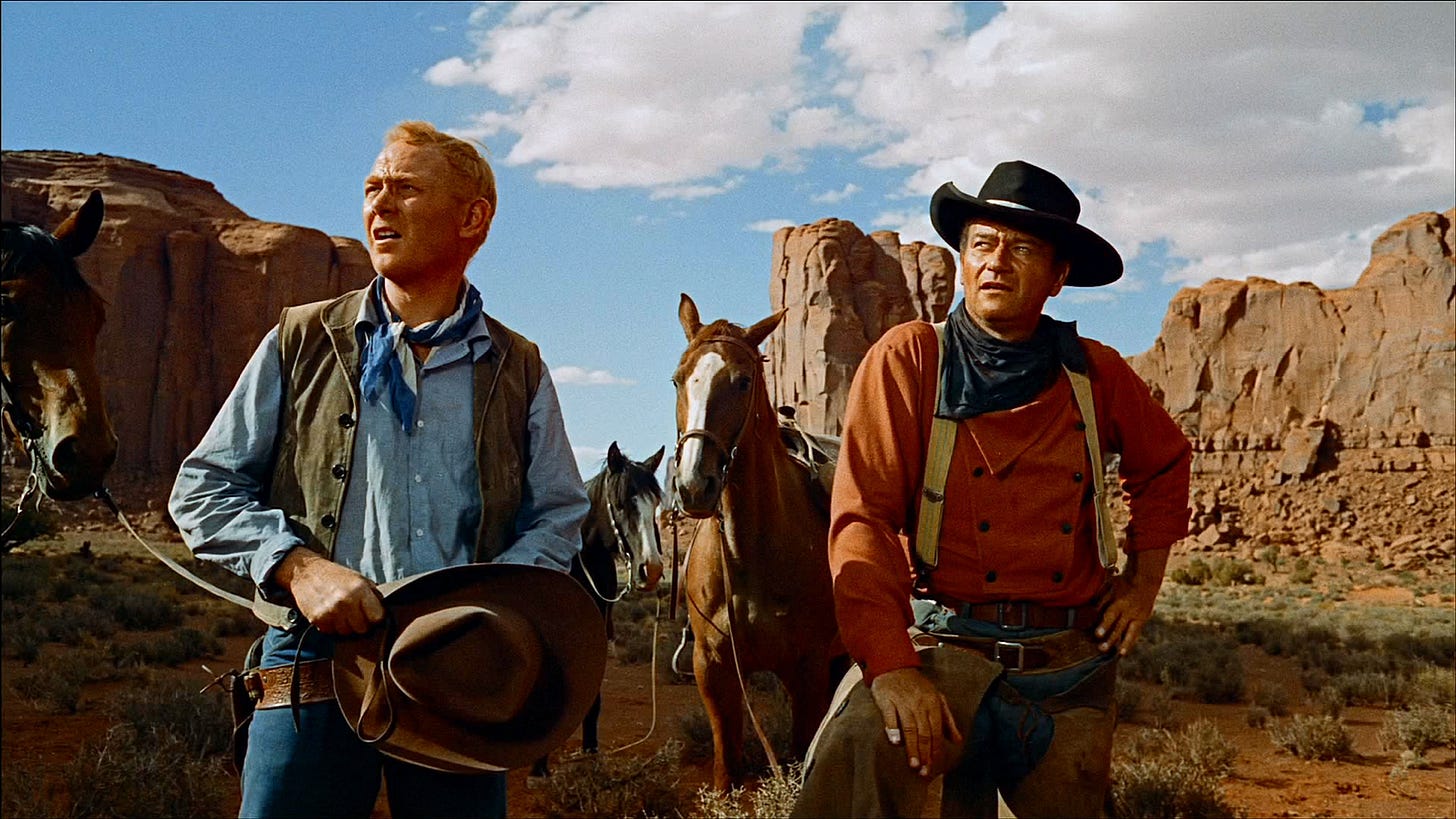Is AI Making Us Too Soft for Real Life?
When Too Much of Good Thing Becomes a Curse, Not a Blessing
Maybe we have it all wrong.
Perhaps the purpose of life isn’t pursuing happiness and comfort. What if the real reason we’re here is to struggle—and persevere?
A few months ago Tom Campbell, author of My Big Toe, came on my show to state he believes this reality is a school. It’s designed to elevate your consciousness through challenges that strengthen your soul.
If that’s true, what happens when AI makes our lives too easy? Too comfortable?
Examples of How AI is Making Life Too Cushy:
· Cluely AI enables you to cheat in life on everything from dating to standardized tests.
· Motion AI schedules your whole workday, including all your meetings and tasks.
· Veo 3 enables you to speak videos (and soon full-length movies) without the need for actors, screenwriters, and cinematographers.
The Way We Were
Want to see a real contrast between life today and how it was just a few years ago? Watch The Searchers. I won’t pretend this gem of the Western canon isn’t a romanticized Hollywood ideal. It 100% is. For one thing, the actors look way too well-fed and attractive than people probably appeared in the 1860s.
What it does showcase is just how hard life once was.
Ranchers like the Jorgensons depicted in the film don’t get weekends off. They work from sunup to sundown daily. If there’s a drought or a flood one year, they could lose their crops and starve to death. Oh yeah. And hostile Comanches could show up at any moment to kill you and your family, selling your kids into slavery and burning your house to the ground.
By contrast, in 2025, we have it pretty good.
Perhaps Too Good?
Could AI and technology in general be making us too soft? I argue yes. But don’t just take my word for it. Here’s what Michael Easter wrote in The Comfort Crisis: Embrace Discomfort To Reclaim Your Wild, Happy, Healthy Self: “We’re living progressively sheltered, sterile, temperature-controlled, overfed, underchallenged, safety-netted lives.”
He published this in 2021 before ChatGPT arrived, kicking off the AI Revolution. He’s not alone. Other authors express similar warnings:
“We live in a society that has become so soft, and we’re getting softer every day. The only way to grow is to suffer.”
~David Goggins: Can't Hurt Me
“Being too comfortable is dangerous because when a real challenge comes, we lack the tools to respond.”
~Laurence Gonzales: Deep Survival
“Our culture has built low expectations for young people—and we’ve built even lower levels of discomfort. That’s why doing hard things changes everything.”
~Alex and Brett Harris: Do Hard Things
An Inconvenient Truth
This last point hits hardest. Returning to The Searchers, yes, it is a movie. But it still depicts a former way of life. And the fact is, people back then used to be hardier, more resourceful, and endlessly resilient. We built our own homes. We made our own clothes. We hunted and grew our own food.
Not anymore.
Some people will push back on me. They’ll say they don’t want to work their fingers to the bone. They love modern conveniences like dishwashers and Netflix. Look. I do too. But I also worry about the society we are creating.
The Comfort Cage
I will give you an example from my own life. I cannot help but notice that my children are picky eaters. Wonderful kids that they are, I have to nag them nightly to eat delicious, healthy food people 150 years ago would do anything to possess. Do they grasp how lucky they are to live with such abundance?
Honestly, no.
And I don’t blame them. Small creatures that they are, they have no frame of reference to compare their lives to. The same goes for toys. Like most American kids, they have a shocking number of playthings. In fact, they have so many that some toys have never even been touched.
When it comes to chores, they help out. A bit.
But they have no idea just how good they have it, especially compared to their ancestors who worked all day long for good food to eat, a roof over their heads, and a modicum of amusement—usually in the form of family time like singing and/or storytelling together.
Introspection Needed
Here’s the big philosophical question: Are our kids’ increasingly cushy lives—courtesy of tech—a blessing or a curse? As much as it pains me to say this, I’m inclined to suggest the latter for one big reason.
It goes back to life’s purpose. If we have indeed been pursuing the wrong things—ease, comfort, pleasure, fun, then AI is a Trojan Horse. It weakens our souls. It makes us less grateful. It makes us more dependent and less free. And honestly, it makes us less happy—the very thing it was supposed to do.
Don’t get me wrong. I don’t want to return to living primitively. Talk about leaving your comfort zone! However, I cannot help but worry about what we’re losing by gaining so much from AI.



I believe the available happiness research suggests that hardships for people now *feel* no different than the hardships of people years ago. During COVID times, I rolled my eyes at the young people who were literally depressed because they couldn't go to dance parties anymore. I said, "Seriously? Any idea what I had to suffer when I was your age? You're all utterly spoiled these days. You don't even know real suffering." But I was probably wrong. Happiness science says the suffering is real, no matter how relative it all looks.
Sure, I am not disputing that part of it. I do think suffering is very real to the sufferer, whether we're talking about humans or animals. My point is that we have been viewing suffering all wrong. Instead of running from it we should embrace it as a tool for personal growth.